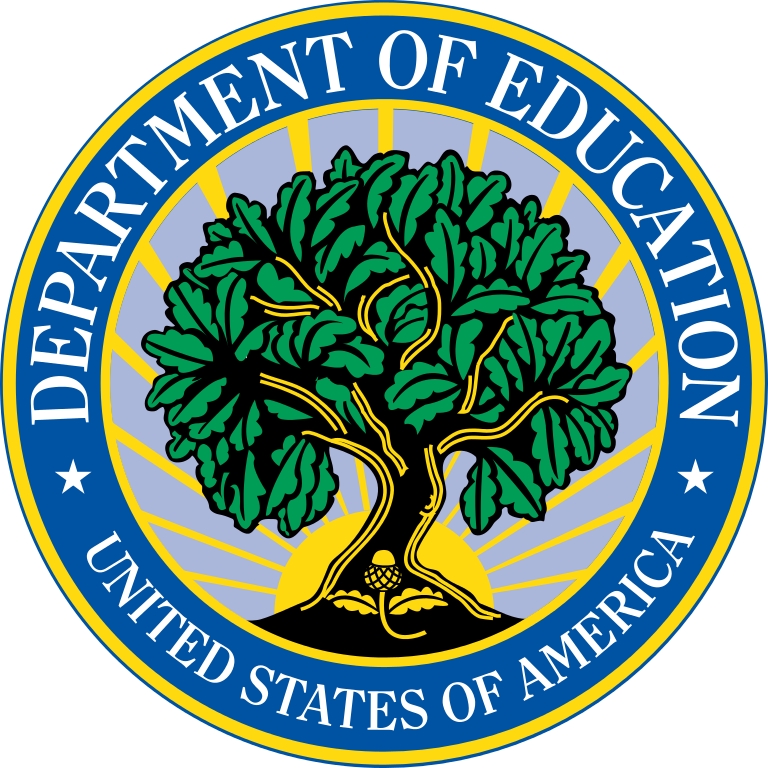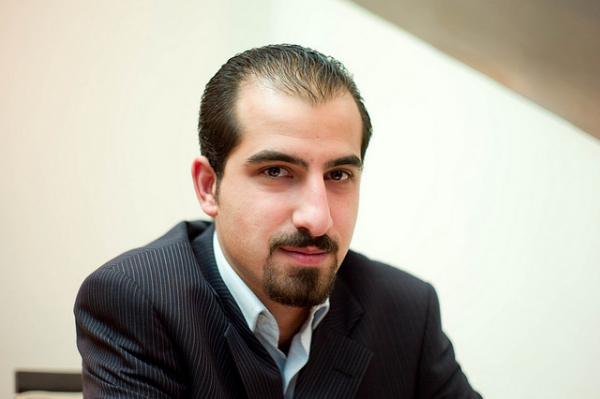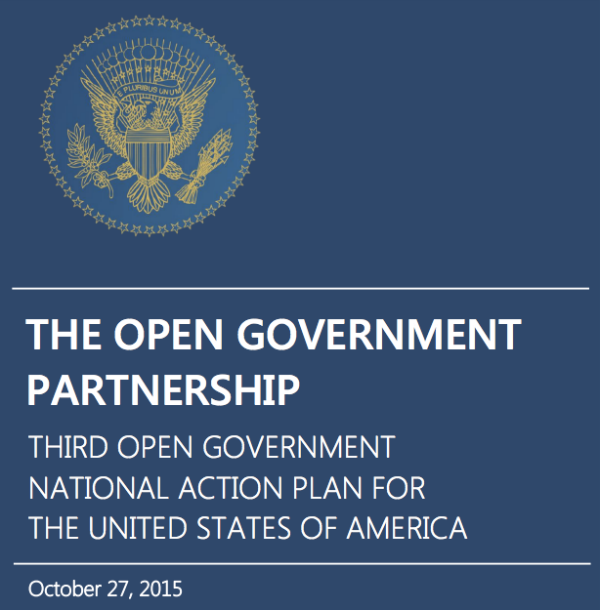
Yesterday, Creative Commons joined the U.S. Department of Education (ED) for a series of important announcements that will advance OER in grades PreK-12 across the United States. ED announced the launch of its #GoOpen campaign to encourage states, school districts and educators to use Open Educational Resources (OER). OER, made “open” by CC licenses, will benefit schools in a number of ways including: increasing equity, keeping content relevant and high quality, empowering teachers, and saving districts money.
“In order to ensure that all students—no matter their ZIP code—have access to high-quality learning resources, we are encouraging districts and states to move away from traditional textbooks and toward freely accessible, openly-licensed materials. Districts across the country are transforming learning by using materials that can be constantly updated and adjusted to meet students’ needs.” – U.S. Education Secretary Arne Duncan
<script async src="//platform.twitter.com/widgets.js" charset="utf-8">
#GoOpen announcements include:
(1) Creative Commons will lead OER workshops across the country (with CC US and OER coalition colleagues) with thousands of district leaders to help them scale the use of OER with the goal to replace old, outdated, expensive textbooks in their districts with new, up-to-date, OER. CC will provide the hands-on help that districts need to propel them to a new model of empowering their teachers to create, share, customize, and improve openly licensed educational resources.
(2) Open License Policy
ED has proposed a regulatory change requiring “grantees who receive funding through competitive discretionary grant programs to openly license all copyrightable resources created with ED funds. This open license will allow the public to access and use the intellectual property for any purpose, provided that the user gives attribution to the creator of that work.”
“By requiring an open license, we will ensure that high-quality resources created through our public funds are shared with the public, thereby ensuring equal access for all teachers and students regardless of their location or background. We are excited to join other federal agencies leading on this work to ensure that we are part of the solution to helping classrooms transition to next generation materials.” – John King, Deputy Secretary of Education
While the CC BY 4.0 license meets this requirement, and it always better to be specific re: open license requirements (to help grantees understand and comply), and CC will suggest that ED require the CC BY license by name, the following “open license” definition looks pretty good:
The license must be worldwide, non-exclusive, royalty-free, perpetual, and irrevocable, and must grant the public permission to access, reproduce, publicly perform, publicly display, adapt, distribute, and otherwise use, for any purposes, copyrightable intellectual property created with direct competitive grant funds, provided that the licensee gives attribution to the designated authors of the intellectual property.
With this proposed open licensing policy, ED joins the U.S. Departments of Labor and State, USAID, and other agencies in adding open license requirements to federal grants to ensure the public has access to publicly funded resources. This policy proposal is the first major step the Obama Administration has made toward fulfilling a call made by more than 100 organizations for a government-wide policy to openly license federally funded educational materials.
This good news caps a busy month for OER where: legislation was introduced in the U.S. Congress to provide support for open textbooks, the White House blogged about how OER provides equitable access to education for all learners, and the U.S. government released its 2016 Open Government National Action Plan, which includes a commitment to expand open licensing of federally funded resources.
(3) CC licenses in new OER Platforms: Creative Commons is thrilled to be working with the following platforms and congratulates them for committing to integrate CC licenses into their tools – making it easier for the public to share, find and reuse OER. CC is actively working with these (and other) organizations to ensure their platforms and terms of service are compliant with and fully support CC licenses. We will make joint announcements with each platform when the CC / OER integrations are complete.
- Amazon will leverage its technology and expertise in content discovery and distribution – and add CC licenses to a new content sharing platform – to support OER initiatives in K-12 education. Amazon will also provide infrastructure and developer support for ED’s Learning Registry for two years.
- Microsoft announced new features to Docs.com, Sway and OneNote Class Notebook to enable educators to create, discover, rate, and share OER. The products are integrated with Microsoft Office and will enable tailored curation of resource collections, and encourage reuse by supporting CC licenses and metadata sharing. In addition, Microsoft will index content from the Learning Registry by creating a new app so educators can search and access OER through LTI compliant learning management and publisher systems.
- Edmodo announced an upgrade to its resource sharing platform, Edmodo Spotlight, to enable searching, curating, and sharing OER – using CC licenses – with the Learning Registry. Edmodo will also provide professional learning resources for districts to curate, organize and share OER in Spotlight.
- The Illinois Shared Learning Environment released a redesigned version of their IOER platform that makes it easier for teachers and school leaders to find OER by CC license and learning standards. Additionally, IOER developer code is available as open source for other states interested in implementing a similar functionality.
(4) First US Government Open Education Adviser: Andrew Marcinek is now working with school districts, education platforms, civil society, and open education leaders to expand awareness of OER in PreK-12.
(5) Ten school districts will replace at least one textbook with OER within the next year.
(6) Six #GoOpen Ambassador Districts will help other school districts move to openly licensed materials. These #GoOpen Ambassador Districts currently use OER and will help other districts understand how to effectively discover and curate OER.
(7) ASCD will provide ongoing professional development resources and webinars for Future Ready school districts committing to help train educators on the use of OER. ASCD will work with district leaders to support districts pledging to replace one textbook with openly licensed educational resources by next fall.
We look forward to working with ED on its new open licensing policy proposal and other exciting OER initiatives in this new #GoOpen campaign. This is another positive sign that both OER and open licensing policy are going mainstream!
Will your country be next to #GoOpen? Send me a note if you want to shift to OER in your country: cable at creative commons dot org
—————–
Additional resources for the #GoOpen campaign:


